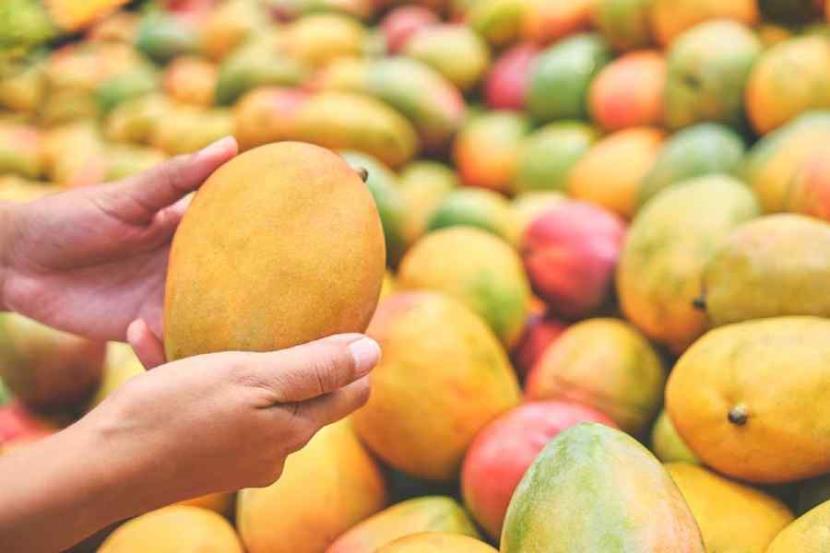J&K administration issues advisory on artificial fruit ripening, warns against use of banned calcium carbide

May 30, 2025
JAMMU: The Jammu and Kashmir administration has issued an advisory on the artificial ripening of fruits, warning food business operators against using banned calcium carbide for this process in the Union Territory.
Consumers are also advised to remain vigilant in the market and purchase fruits only from known vendors who declare that the fruits sold have not been ripened using harmful and banned chemicals.
"We advise the food business operators (FBOs) dealing with storage, packaging, distribution, and sale of fruits and vegetables to strictly adhere to the prescribed guidelines during and after artificial ripening treatment to ensure safe and compliant ripening practices. Failing this, penal action shall be initiated," the Drug and Food Control Organisation (D&FCO) said in an advisory issued here.
It warned FBOs against applying banned calcium carbide in the artificial ripening of fruits.
"Considering the issue of the use of banned calcium carbide and the non-availability of alternative ripening agents, the Food Safety and Standards Authority of India (FSSAI) has permitted the use of ethylene gas for ripening of fruits in India, subject to adherence to the SOPs by the FBOs," it added.
The organisation said that artificial ripening with calcium carbide, popularly known as ‘Masala', has been strictly banned due to its potential health hazards.
The organisation has specifically issued an advisory for the ripening of climacteric fruits - fruits which are harvested at full maturity and can be further ripened during transit or storage, like banana, guava, avocado, mango, apple, pear, apricot, peach, tomato, etc.
It said a detailed SOP for the use of ethylene gas for artificial ripening has been notified by FSSAI.
"Ethylene gas, ethanol, ethephon, etc, can be used on fruits to trigger the ripening process under controlled conditions of humidity, temperature, and exposure time," the organisation said.
However, any source of ethylene gas coming in direct contact with fruits is not permitted.
Further, only approved sources of ethylene gas are allowed to be procured and used, besides ensuring the authenticity and purity of the sachets containing ethephon in powdered form and other components, it added.
"Only those sachets must be used that are properly labelled, mentioning details of the manufacturer, composition, instructions for use, etc. Use of ethylene gas for artificial ripening can be done up to the concentration of 100 ppm (100 µl/L) only," the organisation further advised.
Fruit should not occupy more than 75 per cent of the volume of the chamber as well as the crate during the treatment.
"Gas leakage monitoring systems should be installed in the commercial ripening chambers. Stacking of boxes should be done keeping a minimum 4-6 inches space from the walls and between the adjacent crates," it said.
Consumers are also advised to wash fruits thoroughly with potable water before consumption, the advisory said.